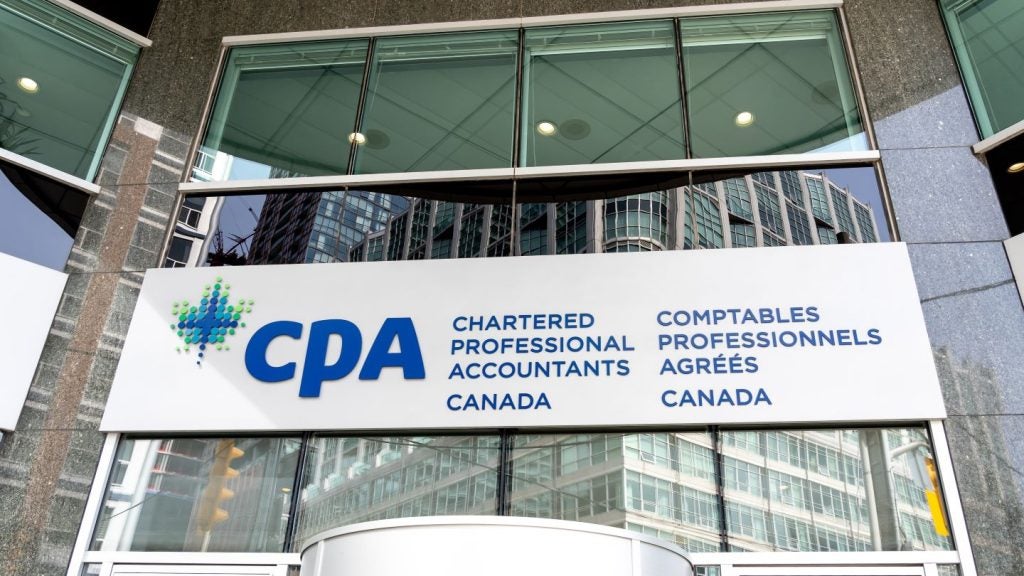against quick fixes for fair value accounting rules following
requests for feedback by the International Accounting Standards
Board (IASB) on whether to issue guidance in line with recent US
proposals.
The US Financial Accounting Standard Board (FASB) wants comments
by 1 April on proposed guidance for fair value measurement and
impairment of financial instruments, following political pressure
from US lawmakers.

Access deeper industry intelligence
Experience unmatched clarity with a single platform that combines unique data, AI, and human expertise.
The first proposal provides guidelines for making fair value
measurements in inactive or distressed markets. The second looks at
other-than-temporary impairments and is designed to create greater
clarity and consistency in accounting for and presenting impairment
losses on securities.
The IASB has subsequently requested comments by 20 April on the
two FASB guidance papers before it considers issuing a formal
public proposal. UK Accounting Standards Board chairman Ian
Mackintosh is concerned that the short FASB deadline, demanded by
US Congress, will not be enough time to consider all the
ramifications.
“We have to resist these knee-jerk responses because we have
just learnt that if you do these things in a hurry, you come up
with all sorts of unintended consequences,” he said.
Last November the IASB was heavily criticised when it bypassed
its due process to fast-track amendments to IAS 39 and IFRS 7
allowing for the reclassification of some financial instruments.
The changes were made amid pressure from Europe to create a level
playing field between IFRS and US GAAP.

US Tariffs are shifting - will you react or anticipate?
Don’t let policy changes catch you off guard. Stay proactive with real-time data and expert analysis.
By GlobalData“The problem is that we now have the idea that we should have a
level playing field and what can be done in the US can be done
elsewhere. So you are between a rock and hard place. It looks like
the FASB will go ahead with this, and if they do what do the IASB
do?” Mackintosh asked.
Mackintosh’s initial reactions to the proposals were “very
cautious” and he pointed out that two of the five FASB board
members, Thomas Linsmeier and Marc Siegel, opposed the second
proposal.
European Financial Reporting Advisory Group (EFRAG) technical
director Paul Ebling said EFRAG was still formulating its response
to the FASB proposals but that the announcements were sending mixed
messages.
Ebling said he thought that the IASB and FASB had decided it was
important to fix the cause of the perceived problems through a
medium-term project rather than focus on quick fixes addressing the
symptoms. Yet these proposals, with their very short comment
period, had the feeling of yet another quick fix.
PricewaterhouseCoopers (PwC) global IFRS financial instruments
team leader Pauline Wallace said the IASB has rightly asked how its
constituents felt about the US proposals given that there have been
clear calls for a level playing field.
“It is really important to have joint thinking between the IASB
and the FASB and not to split and create arbitrage around these
issues,” she said.
Wallace said PwC was still trying to formulate its official view
on the guidance proposals, but she had a lot of questions about how
the fair value guidance would operate in practice.
“It does seem to be inconsistent with the principle of an exit
price – you’re moving away from something that has been the
fundamental principle of valuation,” she said.
She said this would also involve significant systems changes for
banks.
Nicholas Moody
FAIR VALUE GUIDANCE
Calls for
comment
The US Financial Accounting Standards Board
and International Accounting Standards Board want feedback on two
guidance proposals regarding fair value measurements and
impairments of securities:
• FSP FAS 157-e, Determining Whether a Market
Is Not Active and a Transaction Is Not Distressed, and
• FSP FAS 115-a, FAS 124-a, and EITF 99-20-b,
Recognition and Presentation of Other-Than-Temporary
Impairments
FASB comment period closes 1 April;
IASB comment period closes 20 April.
Source: FASB, IASB






